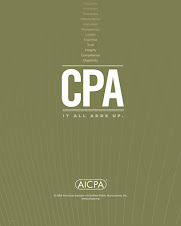Background on installment agreements.
IRS may enter into written agreements with any taxpayer under which that taxpayer may make payment on any tax in installment payments if IRS determines that the installment agreement will facilitate full or partial collection of the tax liability.
Before entering into such an agreement, IRS determines if it's appropriate for the circumstances and then sets up the agreement, processes the payments and monitors the taxpayer's compliance with the agreement. If a taxpayer fails to comply with any of the installment agreement's terms, the agreement is deemed to be in default and IRS has the right to terminate the agreement.
Guidance on IBTF-Express IAs.
In order to qualify for an IBTF-Express IA, a business owing payroll taxes must satisfy the following requirements:
- They must owe $25,000 or less at the time the agreement is established. If they owe more than $25,000, they may pay down the liability before entering into the agreement in order to qualify.
- The debt must be paid in full within 24 months or prior to the Collection Statute Expiration Date (CSED), whichever is earlier.
- They must enroll in a Direct Debit installment agreement (DDIA) if the amount they owe is between $10,000 and $25,000.
- They must be compliant with all filing and payment requirements.
To request an IBTF-Express IA, a business may call the number on the tax bill, or (800) 829-4933. A business could also complete Form 9465, Installment Agreement Request, and send it to the address on the tax bill (or the address on page 2 of the instructions for Form 9465). Suiter noted that applications for the payroll tax installment agreement are not currently available online, but said that may change in the future.
Further information on the program is available on the Small Business/Self-Employed section of the IRS website on the webpage called “Fresh Start Installment Agreements.”



No comments:
Post a Comment